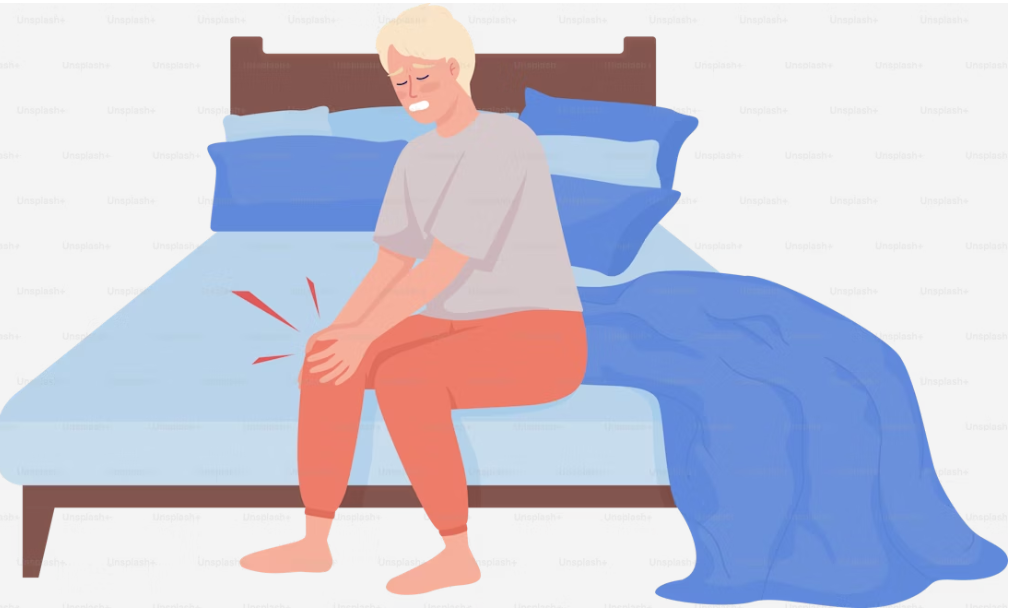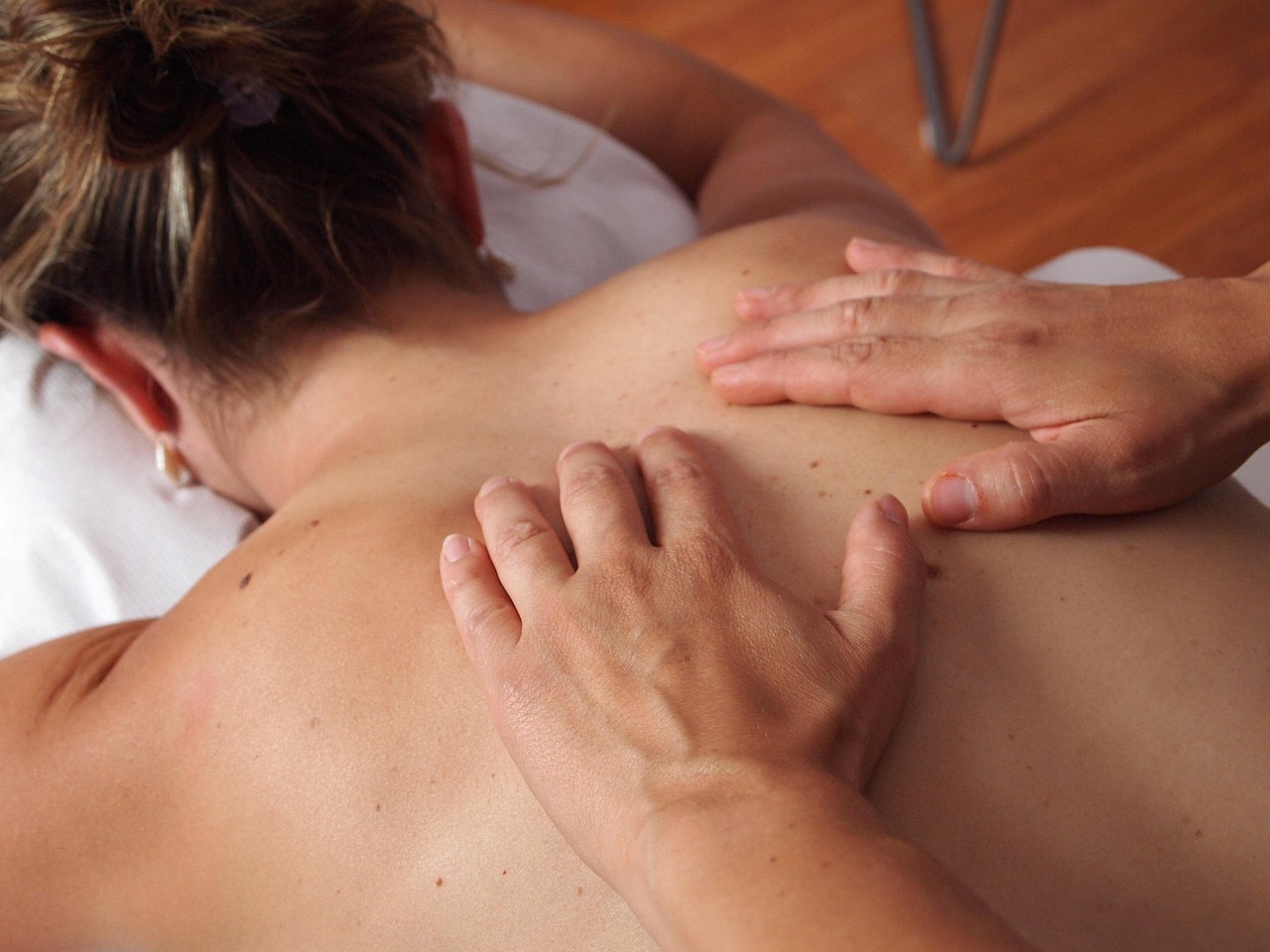Leg pain is something most of us experience at some point—whether it’s from a minor injury, overuse, or an underlying condition. It can range from a mild ache to sharp pain that limits movement and disrupts daily life. If you’re dealing with a sore or injured leg, you’re probably asking: How do I heal a hurt leg fast? How long will it take? Is this something serious? This guide covers everything you need to know to manage leg pain, accelerate healing, and understand when it’s time to see a doctor.
What Is the Main Reason for Leg Pain?
Leg pain can stem from many causes. Understanding the source of the pain is key to effective treatment. Common reasons include:
- Muscle Strain or Overuse
Often caused by exercise, heavy lifting, or sudden movements. This is the most common cause of leg pain. - Injuries
Sprains, fractures, or tendon tears can cause acute pain and swelling. - Circulation Problems
Conditions like varicose veins or deep vein thrombosis (DVT) can cause pain, swelling, or even serious complications. - Nerve Issues
Sciatica, a pinched nerve in the lower back, can cause radiating pain down one or both legs. - Arthritis
Joint inflammation, especially in the knees or hips, may lead to chronic leg pain. - Poor Recovery or Nutrition
Dehydration, low potassium, or magnesium levels may lead to cramping and slow healing.
How Long Does It Take to Recover From Leg Pain?
The recovery time depends on the cause and severity:
- Mild strain or soreness: 2–7 days
- Moderate sprain or tear: 2–6 weeks
- Severe injury or fracture: 6 weeks to several months
- Chronic conditions (e.g., arthritis or sciatica): Ongoing management with periods of flare-ups
If your pain isn’t improving within a week, or worsens, it’s a sign to seek medical advice.
How to Heal a Hurt Leg Fast
Speeding up the healing process involves a mix of rest, proper care, and sometimes medical intervention. Here’s a comprehensive approach:
1. R.I.C.E. Method
- Rest: Avoid weight-bearing activities.
- Ice: Apply for 15–20 minutes every few hours for the first 48 hours.
- Compression: Use an elastic bandage to reduce swelling.
- Elevation: Keep your leg raised above heart level to reduce inflammation.
2. Pain Management
- Use over-the-counter medications like ibuprofen or acetaminophen to relieve pain and reduce inflammation.
- For muscle cramps, magnesium supplements or topical treatments like menthol gels may help.
3. Gentle Stretching and Massage
- After the initial pain subsides, try light stretching and gentle massage to increase blood flow and reduce stiffness.
4. Hydration and Nutrition
- Stay hydrated.
- Include anti-inflammatory foods: berries, leafy greens, turmeric, and omega-3 fatty acids.
- Ensure enough protein, calcium, magnesium, and potassium to support tissue repair.
How Do I Get Rid of Leg Pain ASAP?
If you need fast relief:
- Apply Ice Immediately to reduce inflammation.
- Use a Foam Roller to relieve muscle tightness.
- Try Epsom Salt Baths for sore or cramping legs.
- Topical Analgesics like Voltaren Gel or lidocaine patches can give temporary relief.
- Gentle Movement: If safe, light walking or stretching can reduce stiffness.
However, remember: quick relief doesn’t always mean full recovery. It’s important to rest and allow the leg to heal fully to avoid reinjury.
How to Recover from Aching Legs
If your legs ache regularly—especially after standing or walking—try these:
- Compression socks to improve circulation.
- Regular stretching, especially for hamstrings and calves.
- Low-impact exercises like swimming or cycling to strengthen muscles without overloading joints.
- Check your footwear: Unsupportive shoes can cause or worsen leg pain.
- Daily magnesium supplements (if approved by your doctor) for muscle recovery.
What Is the Fastest Way to Heal a Leg Sore?
If you have a sore or open wound on your leg:
- Clean the area gently with warm water and mild soap.
- Apply an antibiotic ointment like Neosporin.
- Keep it covered with a sterile bandage.
- Avoid picking or scratching the sore.
- Let it breathe at intervals, especially if indoors and clean.
- Seek medical care if there’s redness, pus, or spreading swelling (possible infection).
How Do I Know if My Leg Pain Is Serious?
Watch for these red flags:
- Sudden, sharp pain after a pop or snap
- Inability to bear weight or walk
- Swelling, redness, or warmth in one leg (could be DVT)
- Persistent numbness or tingling
- Pain that doesn’t improve after 7–10 days
- Signs of infection like fever or pus from a wound
If you experience any of these, seek medical attention immediately.
How to Stop Aching Legs at Night
Night-time leg pain or restless leg syndrome can be frustrating. Try these tips:
- Stretch before bed: Focus on calves and hamstrings.
- Warm compress or heating pad: Helps with circulation and muscle relaxation.
- Epsom salt foot soak
- Magnesium or potassium-rich snacks: Banana, almonds, or yogurt before bed.
- Sleep with legs slightly elevated using a pillow.
- Avoid caffeine and alcohol close to bedtime, as they can aggravate symptoms.
Why Are My Legs Not Recovering?
If your leg pain lingers or worsens, consider:
- Overuse or reinjury: Pushing too hard during recovery.
- Undiagnosed condition: You may have a tear, fracture, or nerve issue.
- Poor circulation: Especially common in smokers, diabetics, or those with heart conditions.
- Inadequate rest or nutrition: Healing requires both.
- Wrong treatment approach: For example, using heat too early on an acute injury can worsen swelling.
When to See a Doctor
If you’re not seeing improvement in a week, or if you experience symptoms like swelling, discoloration, fever, or severe immobility, it’s time to consult a professional. You might need an X-ray, MRI, or physical therapy for proper diagnosis and treatment.
Conclusion: Give Your Legs the Care They Deserve
Leg pain may be common, but it’s not something to ignore—especially if it disrupts your mobility or quality of life. The key to fast and effective recovery is to identify the root cause, treat it appropriately, and listen to your body. With proper rest, care, and medical attention when needed, most leg issues can be resolved efficiently.
Remember, legs carry you through life. Treat them kindly.



2 thoughts on “How to recover leg pain”